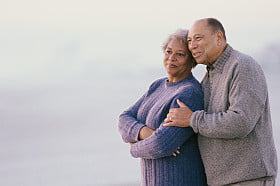
Older Americans Felt Lonely in Pandemic
Last year, millions of older Americans went into hiding to protect themselves from the ravages of COVID-19.
Did the isolation take a psychological toll? How did they respond to infrequent contact with friends and family? Researchers in a recent webinar tried to understand the unique phenomenon of loneliness in a modern pandemic.
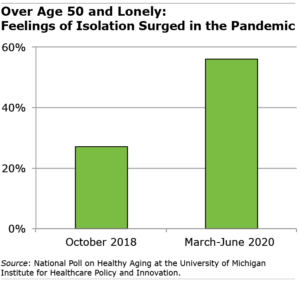 What we know from the National Poll on Healthy Aging in the early months of the pandemic is that more than half of older workers and retirees between 50 and 80 said they “felt isolated from others” – twice the levels seen in 2018.
What we know from the National Poll on Healthy Aging in the early months of the pandemic is that more than half of older workers and retirees between 50 and 80 said they “felt isolated from others” – twice the levels seen in 2018.
In a different survey conducted every two months for most of last year, loneliness was “common and it was incredibly persistent during the first six months of the pandemic,” said Lindsay Kobayashi, a University of Michigan epidemiologist involved in the COVID-19 Coping Study, a survey of adults over age 55.
Two groups in particular suffered rates of loneliness that were twice as high as their peers: older people who live alone and residents of senior communities and nursing homes, where staff often separated the residents or confined them to their rooms in an attempt to protect their health.
A larger share of Black Americans also expressed feelings of loneliness than whites and Hispanics, and women were generally more lonely than men. “I’m very afraid that we are going to get so used to being alone, on our own, by ourselves that we won’t reconnect the way we need to,” a 76-year-old woman told the Coping Study researchers last fall.
But the news isn’t all bad. Feelings of loneliness, especially among the oldest retirees, had subsided a bit as early as November as news reports emerged that the vaccines were effective. Older people also found ways to cope with their isolation, and some even felt the pandemic gave them a renewed sense of purpose, according to a pair of studies in The Gerontologist.
Many retirees were already accustomed to spending time alone, and they are acutely aware of their vulnerability to COVID-19. The pandemic just raised the stakes. Protecting their health “imbued their isolation with new meaning, rendering their loneliness necessary and responsible,” the researchers concluded.
“If I got the coronavirus, I would probably not live through it,” one diabetic explained. “Yeah, I get lonely around here sometimes. But that’s just the world I’m in now.”
Older workers and retirees also proactively engaged in activities or ways of thinking in a deliberate effort to improve their mental health. About a third of them used Zoom and other video chat technologies – often for the first time – to stay in touch with family and friends, the Coping Study found.
A 69-year-old woman said, “I exercise every day. I check in by phone with friends who live alone.” A woman in her 70s said, “I am learning to be more comfortable just being home and having alone time.”
But now, with the Delta variant of the coronavirus loose in the population, even vaccinated older people may feel threatened as their immunity wanes. Their resilience is being tested again.
Read our blog posts in our ongoing coverage of COVID-19.
Squared Away writer Kim Blanton invites you to follow us on Twitter @SquaredAwayBC. To stay current on our blog, please join our free email list. You’ll receive just one email each week – with links to the two new posts for that week – when you sign up here. This blog is supported by the Center for Retirement Research at Boston College.
Comments are closed.




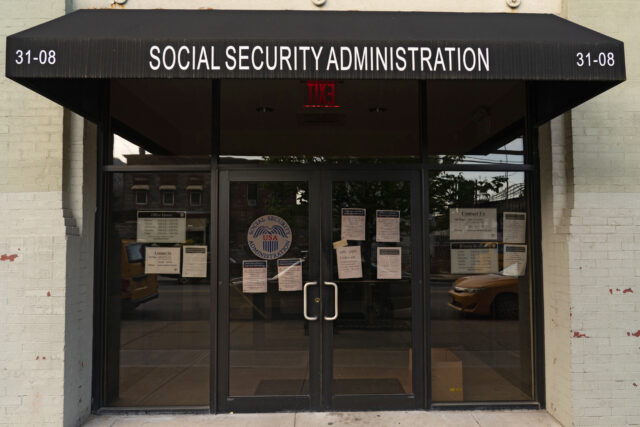
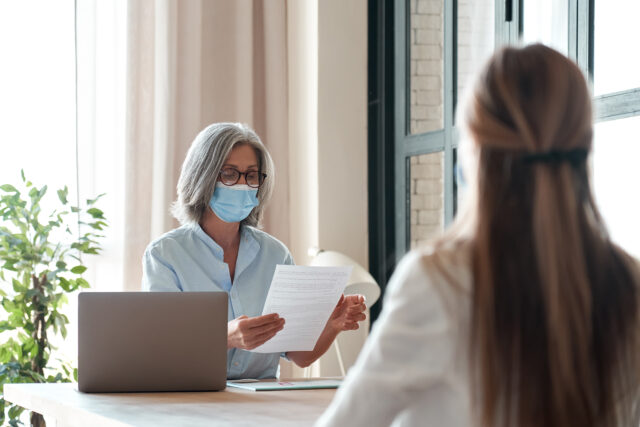
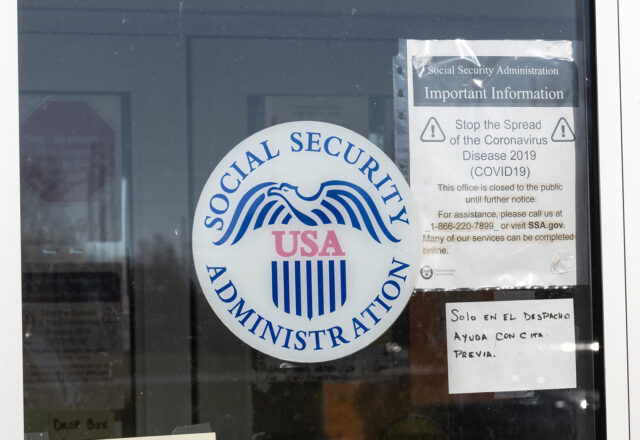
“They felt isolated from others.” Some people may view being isolated from the sociopath in the next cubicle as a good thing.